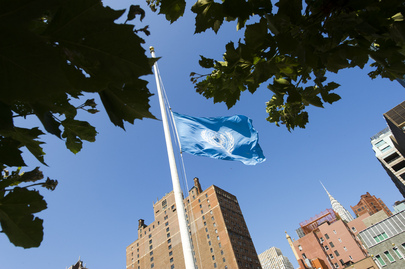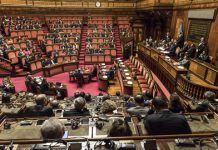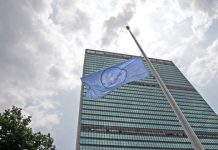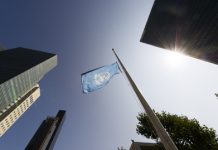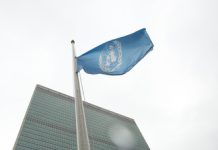Gaza: Aid teams repeat calls for unhindered access to stricken enclave
As Gazans streamed northwards on Friday after a ceasefire deal between Israel and Hamas was announced, UN aid teams repeated their call to open all crossings into the devastated enclave, to prevent famine spreading.
The UN Children’s Fund, UNICEF, stressed the need to reach 50,000 “at risk” children now suffering from acute malnutrition.
Access problems remain however – in addition to ongoing airstrikes, according to UN humanitarians on the ground.
Despite these challenges, lifesaving aid work hasn’t stopped, said UNICEF spokesperson Ricardo Pires, of one aid mission on Thursday:
“UNICEF had a successful mission to the north, to Gaza City to rescue two babies who were in incubators and fighting for their lives. But luckily, with the hard work of colleagues and health workers on the ground, they survived and they got reunited with their families today. After 15 hours yesterday, trying to get the mission through, because, you know, the situation on the ground was still very, very unstable and kinetic activity was taking place, a lot of violence.”
Ukraine’s women bearing brunt of ongoing Russian attacks
To Ukraine, where intensifying Russian attacks are having a serious and lasting impact on the nation’s mental health.
That’s the warning from UN aid agencies and partners, who insist that psychological support is as crucial as food or shelter.
The development follows new strikes on the capital, Kyiv, that cut electricity and water supplies on Friday, which is World Mental Health Day.
According to the World Health Organization, WHO, around 67 million people who live in emergency settings have mental health issues. Their needs are significant, WHO said.
Last year, the health agency provided lifesaving medicines to 2.1 million people in emergencies in Sudan, Chad and Ethiopia, and WHO also helped to rebuild health systems in Myanmar, Syria and Lebanon.
By early 2025, however, country requests for these essential medicines dropped by 94 per cent, partly because of a lack of funding.
Nobel Peace Prize winner Maria Machado’s values represent best hopes of Venezuelans
The UN human rights office, OHCHR, has welcomed the decision to award the Nobel Peace Prize to Venezuelan opposition activist Maria Machado.
The 58-year-old activist was barred from running in last year’s presidential elections; she lives in hiding inside Venezuela and was briefly detained after attending an opposition rally in January.
She was rapidly released reportedly following international pressure.
Speaking in Geneva, OHCHR spokesperson Thameen Al-Kheetan said that the High Commissioner for Human Rights had consistently expressed support for her work and values.
“We congratulate Maria Corina Machado on being announced as the winner of the Nobel Peace Prize. This recognition reflects the clear aspirations of the people of Venezuela for free and fair elections, for civil and political rights and for the rule of law.”
Strong evidence of serious restrictions on civic freedoms in Venezuela have been documented in numerous reports mandated by the Human Rights Council.
Earlier this year, independent human rights investigators reporting to the Council in Geneva urged the authorities to stop the reported practice of holding political opponents incommunicado.
Ms. Machado thanked the Nobel committee for the honour saying it was the “achievement of a whole society…I am just one person. I certainly do not deserve this.”
Daniel Johnson, UN News
Source of original article: United Nations (news.un.org). Photo credit: UN. The content of this article does not necessarily reflect the views or opinion of Global Diaspora News (www.globaldiasporanews.com).
To submit your press release: (https://www.globaldiasporanews.com/pr).
To advertise on Global Diaspora News: (www.globaldiasporanews.com/ads).
Sign up to Global Diaspora News newsletter (https://www.globaldiasporanews.com/newsletter/) to start receiving updates and opportunities directly in your email inbox for free.


